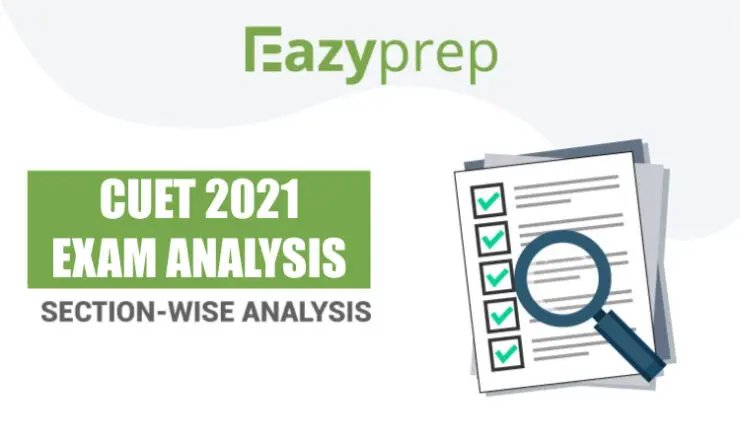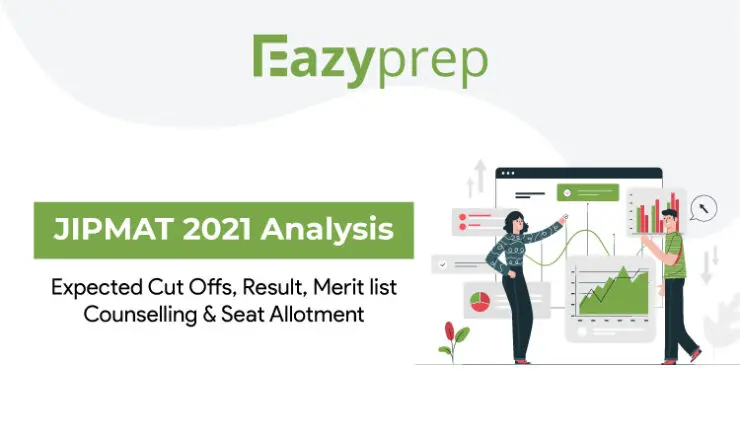![]()
AILET exam or All India Law Entrance Test is held every year around May by National Law University Delhi (NLUD). NLUD offers a five-year integrated course BA LLB at an undergraduate level and LLM and Ph.D. at postgraduate levels. The BA LLB course is based on a credit system and is spread over ten semesters. This five-year program promises its students a well-rounded course structure that will not only teach the students about various aspects of the law but also promote the importance of cultural and ethical values. To get into this course the students need to pass the AILET exam and the one question that often lingers in the minds of students before any exam is how difficult it will be. Let’s decode the AILET exam sections to decipher its level of difficulty.
AILET Exam: All India Law Entrance Test
AILET or All India Law Entrance Test is of 1 hour and 30 minutes or 90 minutes in total. It has 150 questions of 1 mark each and a negative marking of -0.25 for every incorrect answer. The exam tests the aptitude of the students in broadly five topics:
- English
- Elementary Mathematics
- Reasoning
- General Knowledge and Current Affairs
- Legal Aptitude
Each section is of 35 marks each except the elementary mathematics which is of 10 marks. The difficulty level of AILET has been deemed as moderate to difficult over the years. Even though the questions are the objective type the question paper is known to be lengthy. In comparison to other Law entrance exams, AILET has always been put on the tougher side of the spectrum.
Section–Wise Difficulty Levels
English
The difficulty level of this section is a mixed bag. On average it is considered moderately difficult. This section is of 35 marks and has questions related to vocabulary, grammar, and punctuation. According to past trends, most questions are vocabulary-based. Reading comprehension can be tricky and silly mistakes are easily possible. Therefore, students should prepare accordingly and consider their weak and strong points when it comes to the English language.

Elementary Mathematics
Even though this section carries only 10 marks, it shouldn’t be taken lightly. The difficulty level of this section of AILET is mostly moderate but students do encounter 2-3 relatively tough questions. Most students could attempt on an average 4-6 questions from this section because of its lengthy and tricky nature. Questions from mensuration, distance-speed, profit-loss, and interest, pricing are asked. To tackle this section, one must take care of both their speed and time management. Questions that one finds easy should be done first and one should avoid being stuck on a particular section for a long time and should rather move on to the more salvageable ones.

General Knowledge and Current Affair
This section of AILET is comparatively easier than the rest. This section consists of 35 questions of 1 mark each. The pattern of this section is the most similar to the previous years. Students who are up to date with current affairs and have a good grip on general knowledge will find this section easy. Most of the questions are straightforward and revolve around the latest events. Some parts like static GK questions can prove to be a little tricky. On average students could score around 20-25 marks in this section.

Reasoning
This section also contains 35 questions. This section includes both logical reasoning and critical reasoning questions. The difficulty level of this section is moderate. Most questions revolve around blood relations, circular arrangements, coding, and decoding as well as short passages. The paragraph based critical thinking questions are tricky and time-consuming. Students should dedicate at least an hour of practice for this section while preparing. On average students score around 18 to 20 marks in this section.

Legal Aptitude
The AILET legal aptitude section consists of 35 questions. This section is tough as well as lengthy. But the good thing is that the pattern of this section has remained similar over the years therefore one must practice the previous year’s question papers. Since the questions are objective type accuracy plays a big part. The questions asked are a blend of legal knowledge and legal reasoning. The lengthy questions are generally Principle-Fact based. The two things that will get one through this section is their knowledge base and time management skills.
The AILET exam is highly competitive, hundreds of students fight for spots that are unfortunately extremely limited. In a case like this, one needs to have all the facts regarding the exam and syllabus pattern and the difficulty level. Having thorough background knowledge of the AILET exam will help one in forming a well-rounded preparation strategy.

